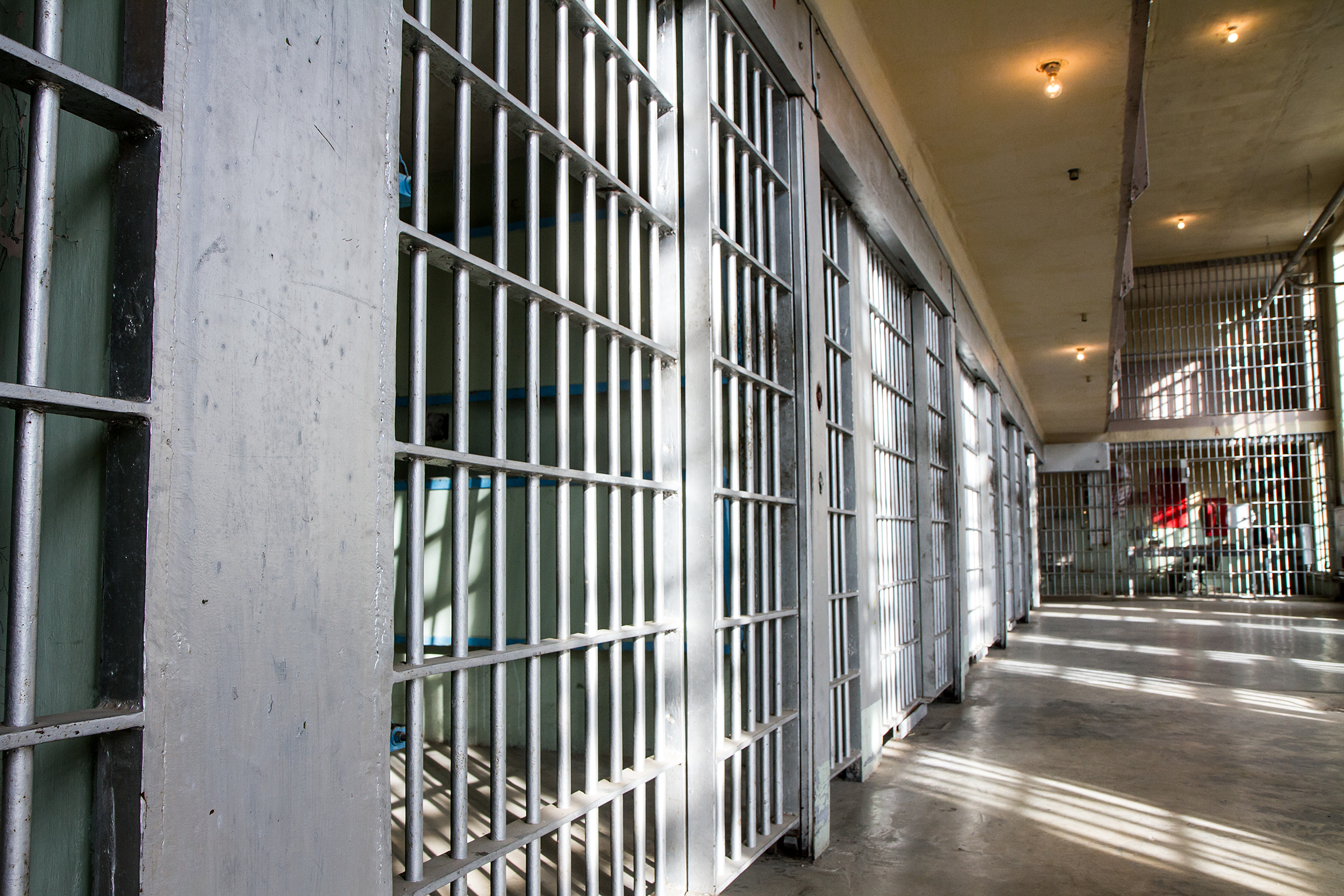Feds Announce Indictments In ‘Largest Racketeering Conspiracy In South Carolina History’
Another criminal enterprise run out of South Carolina’s prisons using contraband cell phones …
A federal grand jury has handed down 147 indictments against forty defendants in what prosecutors ar
